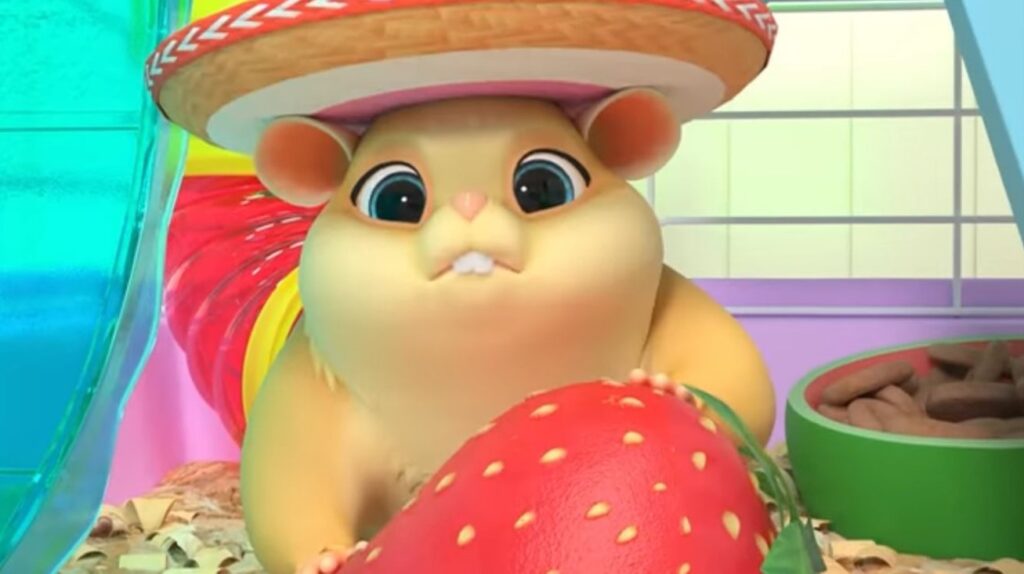Consequences of Neglecting Cats Dental Care:
Neglecting cat dental care can have several consequences for your feline companion.
Here are some Potential Outcomes:
1. Cats Dental Diseases:
Cats are susceptible to dental problems like periodontal disease, gingivitis, and tooth decay, just like humans. Without regular dental care, plaque and tartar can build up on their teeth, leading to inflammation of the gums, infection, and potential tooth loss. Dental disease can cause pain and discomfort, making it difficult for cats to eat properly.
2. Pain and Discomfort:
Untreated dental issues can cause chronic pain and discomfort for cats. They may experience difficulty eating or prefer softer foods, leading to a decrease in appetite and potential weight loss. Cats may also show signs of mouth sensitivity, such as pawing at their mouth, excessive drooling, or reluctance to be touched around the face.
3. Bad Breath:
Neglected dental care often results in bad breath, which can be unpleasant for both you and your cat. Foul-smelling breath is usually a sign of dental disease and bacterial buildup in the mouth.
4. Systemic Health Problems:
Poor oral health in cats can harm their overall well-being. The bacteria in the mouth can enter the bloodstream and potentially affect other organs, leading to more severe health problems such as heart, liver, and kidney diseases.
5. Expensive Veterinary Treatment:
Neglecting dental care may require more extensive veterinary treatment in the long run. Advanced dental disease often necessitates professional dental cleanings under anesthesia, extractions of severely damaged teeth, and treatment of infections. These procedures can be costly and require additional care and monitoring for your cat.
6. Reduced appetite and weight loss:
Dental pain and discomfort can make it difficult for cats to eat. They may experience a decreased appetite or trouble chewing and swallowing their food. Over time, this can lead to weight loss and malnutrition, affecting their overall health and energy levels.
7. Behavioural changes:
Cats in pain or discomfort may exhibit changes in behavior. They may become more irritable, aggressive, or withdrawn. Dental pain can affect their mood and make them less willing to interact, play, or be handled. Behavioral changes can also impact the bond between you and your cat.
To prevent consequences, it’s necessary to prioritise cats dental care. Regular veterinary check-ups, professional cleanings as recommended by your veterinarian, daily toothbrush using cat-specific toothpaste, and providing dental-friendly diets or dental treats can help maintain your cat’s oral health or pets dental care
FAQs
Here are some frequently asked questions related to cats’ dental care:
1. How often should I brush my cat’s teeth?
Ideally, you should aim to brush your cat’s teeth daily. However, even a few times a week can make a significant difference in maintaining oral health.
2. What type of toothbrush and toothpaste should I use for my cat?
Use a toothbrush specifically designed for cats or a soft-bristled child’s toothbrush. Never use human toothpaste, as it can be harmful to cats. Instead, opt for toothpaste formulated for cats, which is safe for them to swallow.
3. Can I use dental treats or toys as a substitute for brushing?
Dental treats and toys can help supplement your cats’ dental care routine, but they should not replace brushing. They can provide some benefits, but brushing is the most effective way to remove plaque and prevent tartar buildup.
4. Is anesthesia necessary for professional cat dental care cleanings?
Yes, professional dental cleanings for cats’ dental care usually require anesthesia. Anaesthesia ensures that the cat remains still, preventing injury and allowing thorough cleaning of all teeth, including below the gum line.
5. What are some signs that my cat may have dental problems?
Signs of dental issues in cats can include bad breath, red or inflamed gums, tartar buildup, difficulty eating, pawing at the mouth, drooling, and behavioral changes. If you notice any of these signs, it’s essential to have your cat examined by a veterinarian.
6. Are there any alternatives to brushing my cat’s teeth?
If your cat is unwilling to tolerate tooth brushing, you can explore alternative options, such as dental rinses or gels that can be applied to their gums. However, these options may not be as effective as brushing and should be used in consultation with your veterinarian.
Remember, always consult with a veterinarian for specific guidance regarding your cat’s dental care needs. They can provide personalised recommendations and address any concerns you may have.




